
The impact of COVID 19 has not only been on the health industry, but has seriously affected the economics of every nation in the world. One of the hardest hit industries has been the Travel & Tourism industry, being the first to see the repercussions of this global pandemic and will possibly be the last to recover. Adventure tourism in the form ‘Trekking’, after COVID 19 will be different in many ways. Today we may only speculate on the many aspects of Adventure travel, post lockdown and the future of trekking after lockdown.
There are far better things ahead than the ones we leave behind.
C.S. Lewis
Impact of Covid 19 on the Travel Industry:
As the world comes to terms with the repercussions of this global pandemic, it gives us pause to reflect on how these events have changed our lives. The travel industry has been one of the most hard-hit sectors because of the impact of COVID-19. This is more so true for Adventure Travel & Tourism, especially in India, where this industry is still at an nascent stage before it experienced a further setback.
A nationwide lockdown in India for the last 3 months which coincided with the peak trekking season during this summer from March to May 2020, has resulted in a tremendous loss for Adventure travel companies. The mountain staff, porters, Sherpas, drivers, helpers etc. have been struggling for their livelihoods. When we are all expected to maintain social distancing and incorporate stay at home practices, one can only imagine the impact on an industry that thrives on giving people an escape from their mundane lives.
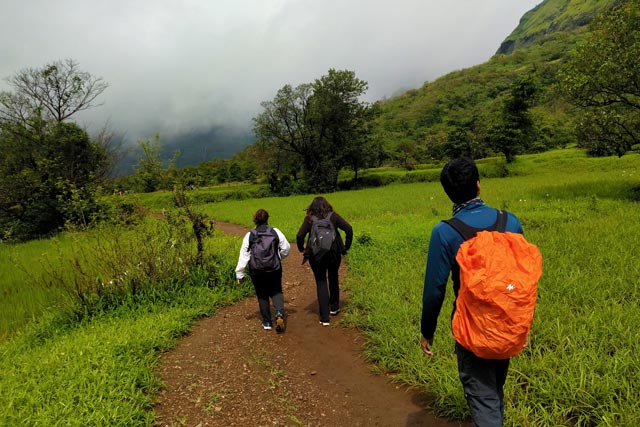
Petition to the Government for Support:
The Adventure Tour Operators Association of India ( ATOAI) through the Federation of Association in Indian Tourism & Hospitality (FAITH) has requested a minimum fund from the government of India of Rs. 50,000 Cr to provide immediate relief to the 50 million-plus people employed in this sector. To boost the sector’s growth, FAITH has also proposed to declare FY 20-21 as a tourism tax-free year for both- income tax & GST. However, there has been no commitment to support nor appreciation for this fledgeling industry. The tourism sector looks like the very last sector to see any relief.
Airline Travel Restrictions:
Domestic travel via flights have started operations but the threat of the virus persists currently. Winter treks seem like a safer possibility for the year 2020, failing which the only possibility is the summer of next year. The Kashmir Great lakes trek and Sikkim Goechala Trek are some good options available. International treks would take more time to be accessible with embassies still shut and visa delays a possibility. However, there is still some hope on the international front. The government of Tanzania after analyzing all safety measures have opened their flights for tourists and the trek to Kilimanjaro has resumed. Similarly, the government of Russia is set to resume international flights in July and we can look at Mt. Elbrus opening for expeditions. The situation in Nepal remains a bit more serious and there isn’t any announcement yet on totally opening travel restrictions so one can look at the possibility of Autumn 2020 or next summer in 2021 if the Everest Base Camp trek or any other trek in Nepal is on your mind.
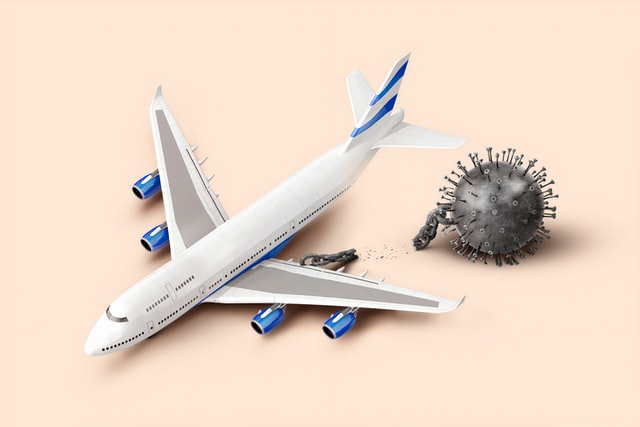
Current Challenges
Without Government aid, the only way the trekking industry can survive is with the support of adventure enthusiasts and nature lovers. The biggest challenge Adventure operators face is sustaining this lean period through the several losses incurred during the season. The next challenge will be to plan for the future in the midst of uncertainty, by building in safeguards to instil a sense of confidence for people thinking about their next adventure.
Seeing the glass as half full, frustrated with this period of social isolation, people are actually more than ever looking forward to travelling and going on a holiday. A trip to Spain or France is not the most preferred option on the table post lockdown, due to the sheer volume of tourists making social distancing a real challenge. However, trekking, on the other hand, happens in remote areas in the mountains & in the hills etc. where it is sparsely populated. Statically, the spread of the virus has been considerably low in these regions.
Safety Procedures in Trekking after COVID 19
Increased hygienic practices and safety protocols can be incorporated by adventure travel operators to increase safety. It’s important to remember that in this scenario, we as trekkers are the ones who pose a greater risk to the indigenous mountain population that has been isolated from the ravages of this global pandemic. According to the basic minimum standards for mountaineering set by the Government of India, it is essential to show a health certification prior to the trek and inform the company if you have any health-related problems. As such, taking adequate precautions such as a certificate of health or undergoing testing can help establish a higher degree of safety. Interestingly, during a trek, guides do have a habit of recommending trekkers to cover their mouth with a scarf/muffler in such cold weathers, to protect their lungs from the cold dry air.
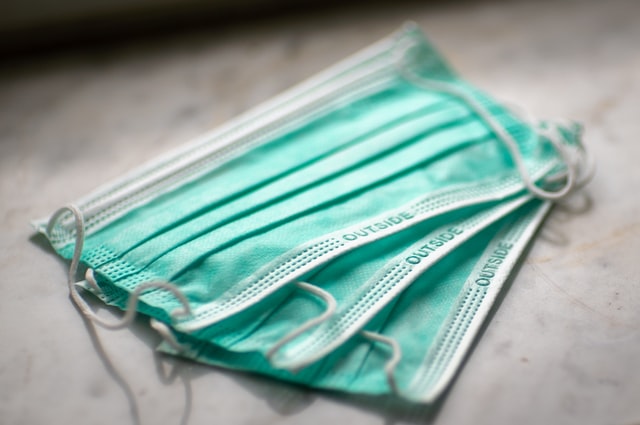
There aren’t any clear guidelines regarding whether the COVID-19 test should be taken or not, but it is ideal to take it so you know if you are well and don’t end up infecting fellow team members and others you might run into during your journey as well. Travel companies and trekkers can actively take a lot of serious precautions that will really go a long way in ensuring safety. Treks post lockdown might be in smaller groups of friends/team members. This will definitely have a major impact on the budget operators that mitigate costs by attracting the volume market. Having smaller teams, especially with self-formed groups can easily help ensure you enjoy the beauty of a trek while sharing the experience with known friends.
Travel companies post lockdown would make sure there have improved hygiene conditions in camps and fewer people should be put together in a tent while sleeping. As trekkers, one must now be careful to carry your own bedsheets, sleeping bag, pillows etc. and avoid borrowing from others/use common equipment being used by all. Washing hands before every meal have become all the more important and as earlier, do not hesitate to share any health problems you might face even during the trek.
Would trekking be any less fun post lockdown?
I don’t believe trekking would be any less fun than what it was. Smaller teams also mean it would be more of a close-knit family. The beauty of nature would still be the same and the sheer joy of walking in the mountains would surely put a smile on your face
How we can prepare ourselves meanwhile:
There’s a lot that we can do to kill time these days in a useful way, which would help us with our future treks. We can use this time to build our immunity. Climbing nutrition is very important so we can start with eating clean & healthy and avoiding ordering food from outside. Going to the gym is not going to be a viable option for very long. It would be a great trek practice to take the stairs frequently, help out people at home by voluntarily taking the stairs to do a task for someone. Mountaineers such as Rob Ferguson are attempting to climb Everest from home by climbing 6,506 flights of stairs. Also jumping jacks, on- the- spot jogging, push-ups, squats and crunches are more exercises one can do without machines. Regular home workouts once a day will keep you fit and won’t make you lethargic by the time you can go for a trek.
Experience Treks at Home:
With the advancement of technology, you can take a virtual trek from your home with Google Earth tours. At Adventure Pulse, we are conducting virtual mountaineering courses that showcase the seven summits- the highest peaks of all the continents and educate young individuals about trekking, mountaineering, stories from the mountains and fun activities to keep them engaged.
The Future of the Travel Industry after lockdown:
With a variety of content available not just on Instagram and Facebook, Adventure travel operators have the opportunity to think outside the box and showcase adventure travel destinations as well as their expertise in facilitating these adventures. Youtube travelogues and Tripadvisor reviews can be used to enhance trekking experience, giving incredible insights into planning your treks and adventures. Like you see a trailer before deciding whether to watch the movie, travelogues are soon becoming a major part of the digital travel companies. AI features will be observed in the future, with chat boxes and more relevant FAQs pertaining to the current situations to help customers instantly.
One can also observe how social media handles are no longer serving as regular travel company pages but now educate people about trekking knowledge- fun facts, quizzes, online activities that keep the audience engaged even when they are not travelling. It would take some years for the tourism sector to recover back to the same stage it was at before this global pandemic but I also believe in the long run, it will improve for the better. With this much-needed respite, climate change and nature have definitely seen a tremendous recovery. Though our desire to explore the outdoors may have increased during this long period of lockdown, we do hope our ecological sensitivity has improved as well giving us a better sense of appreciation for nature. So lets all hope for a brighter, more fun-filled future for the industry that makes us experience so much joy that we’re left with memories to cherish, memories that we think of today.
Cheers to our next great adventure.
Author: Kriti Jain
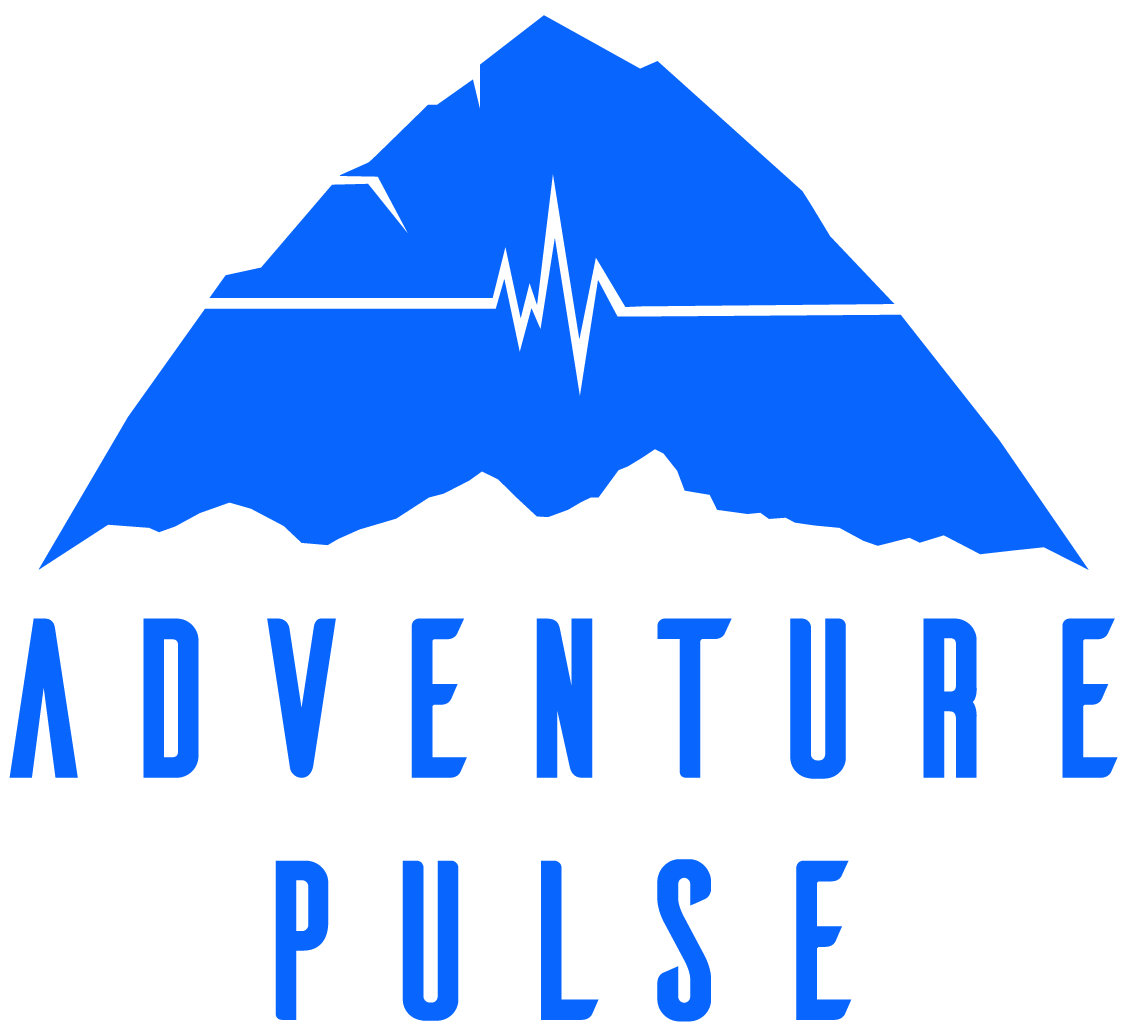
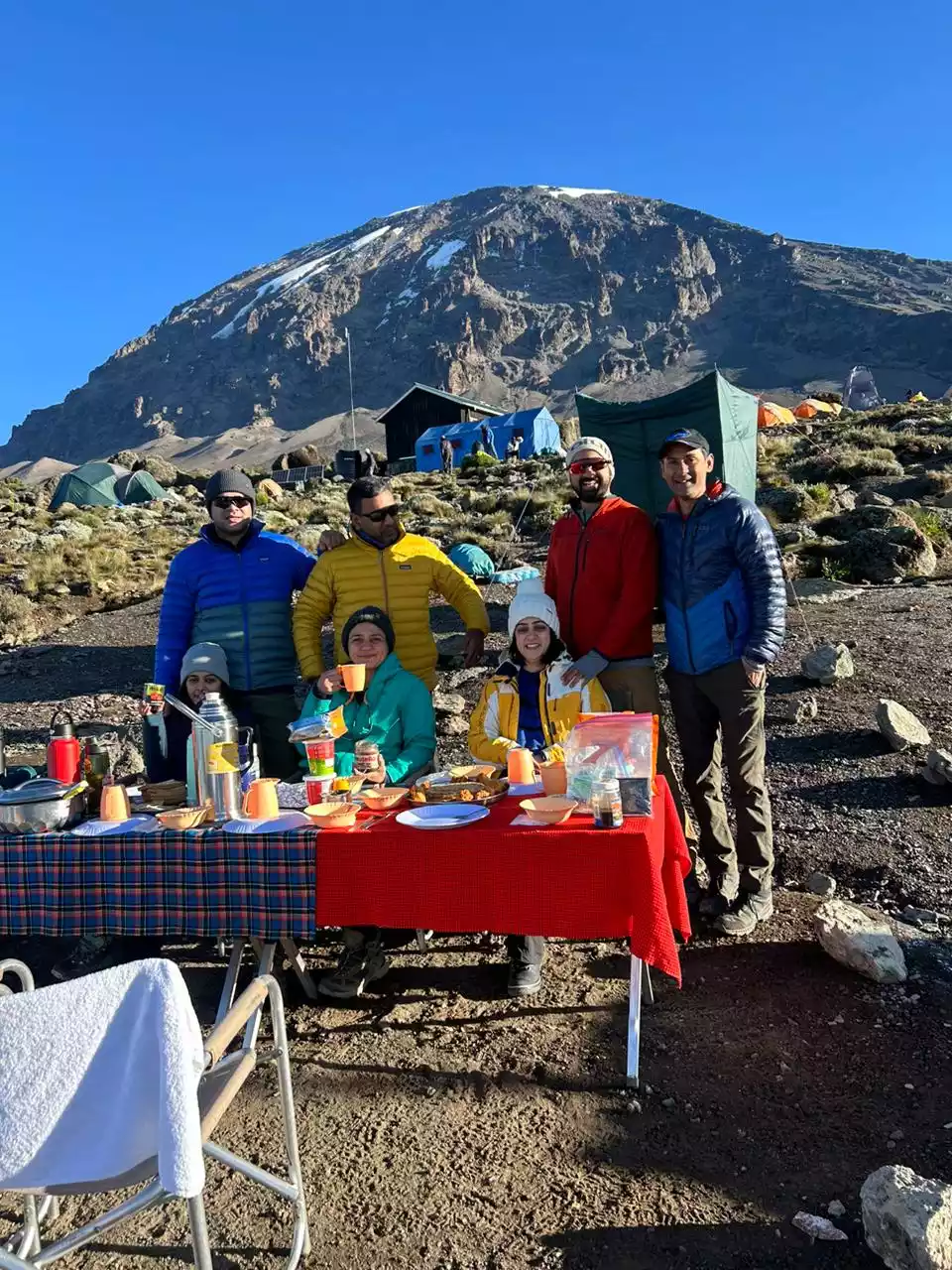
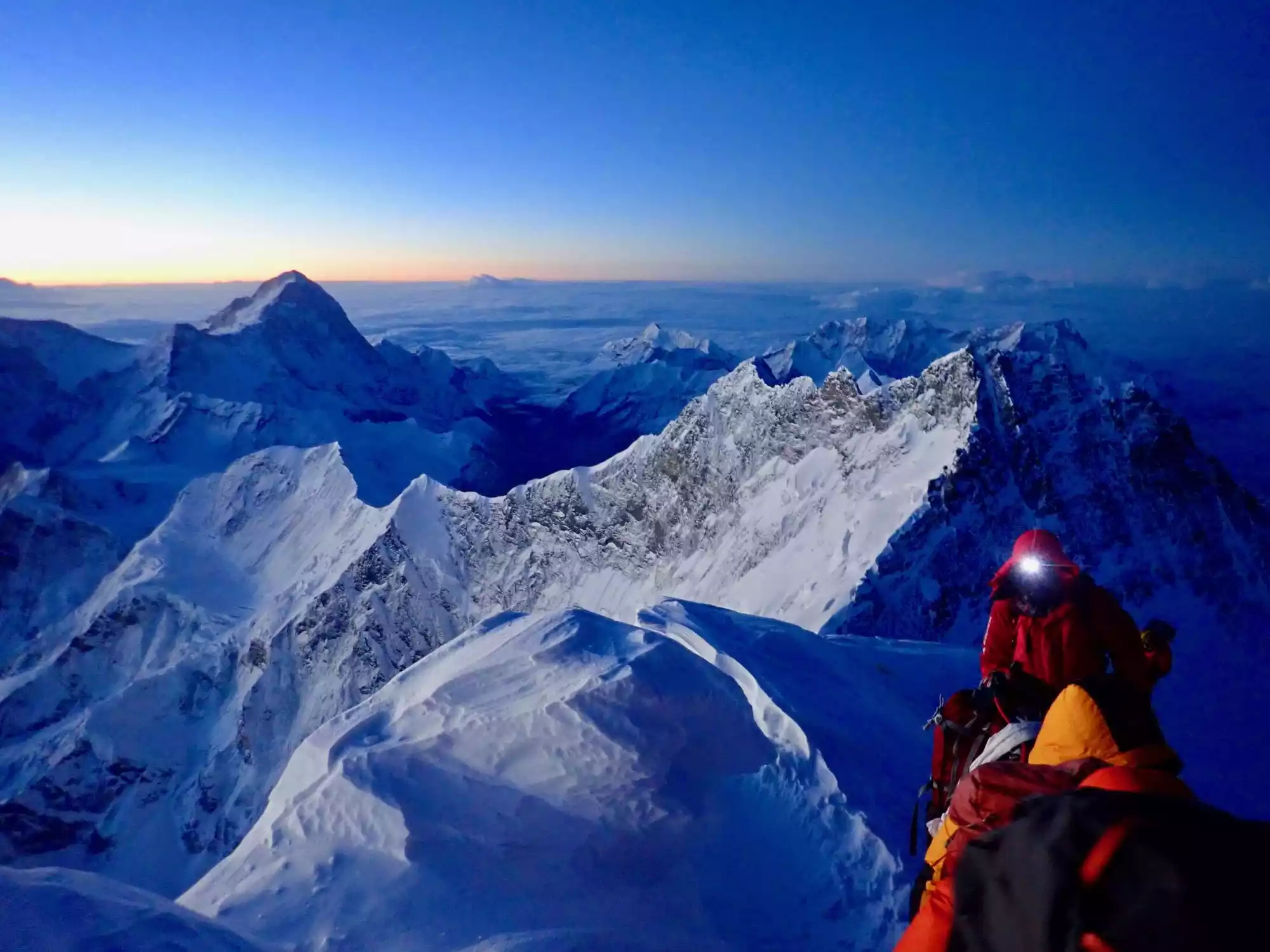
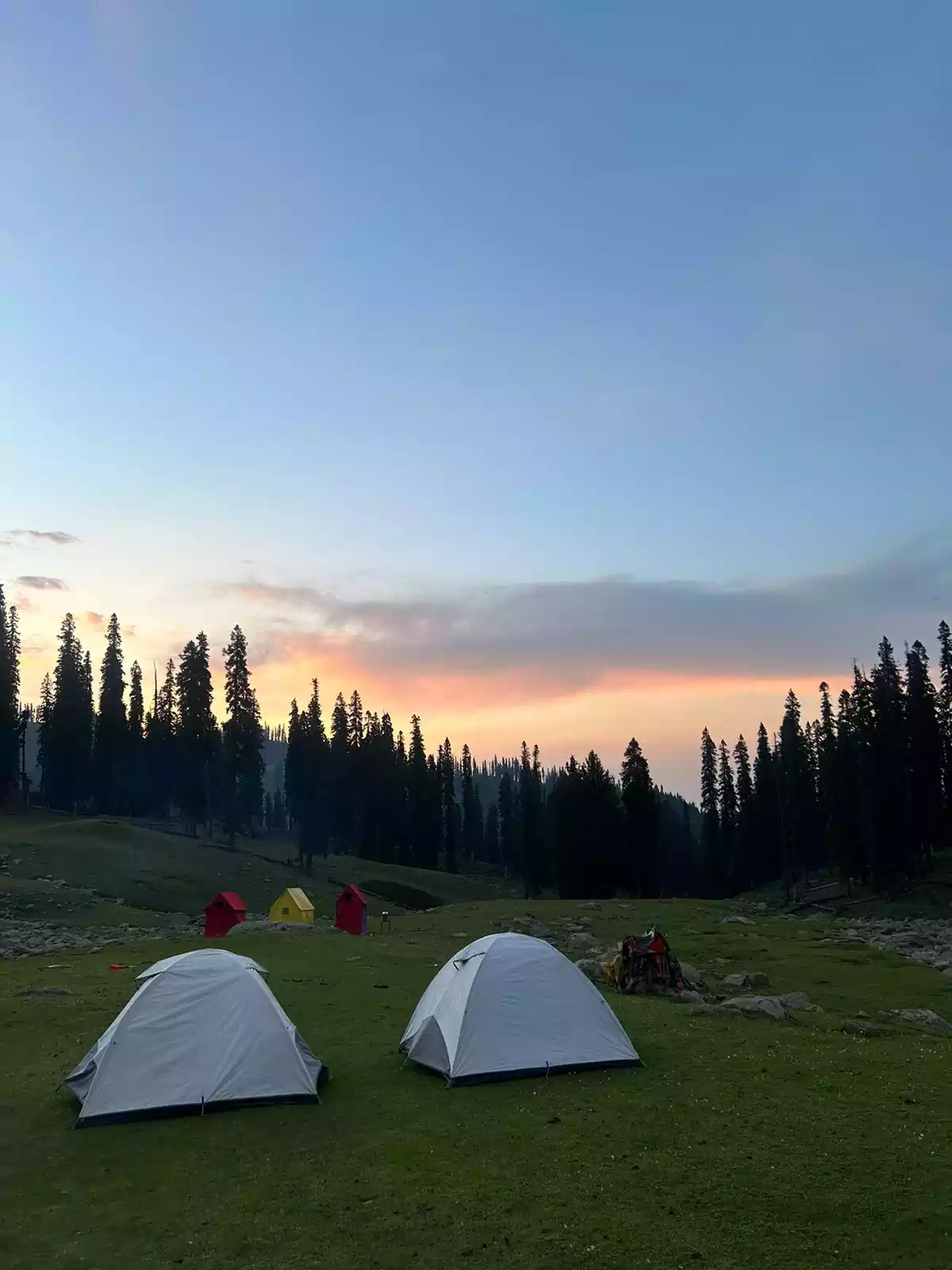
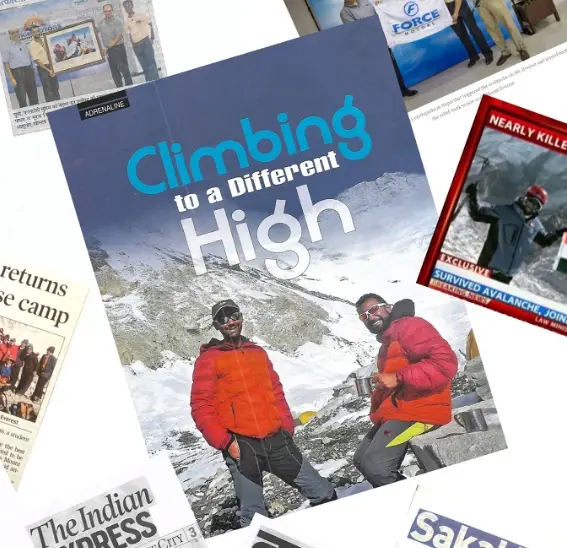
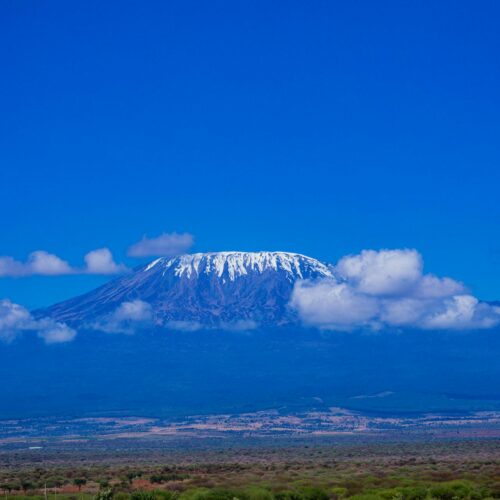
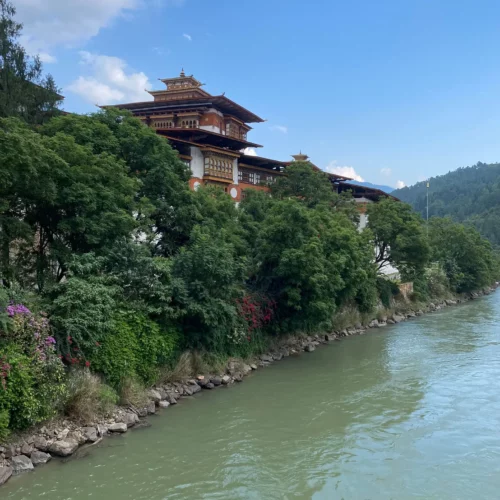
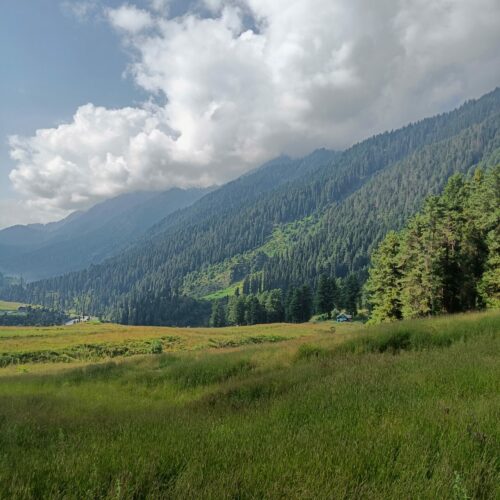
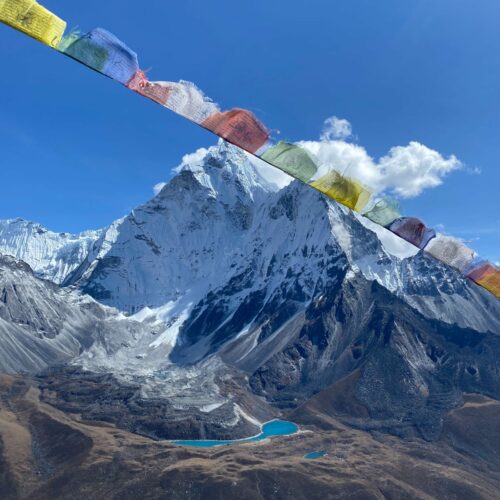
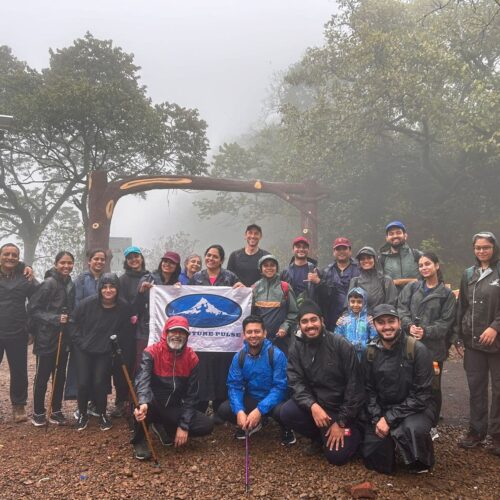
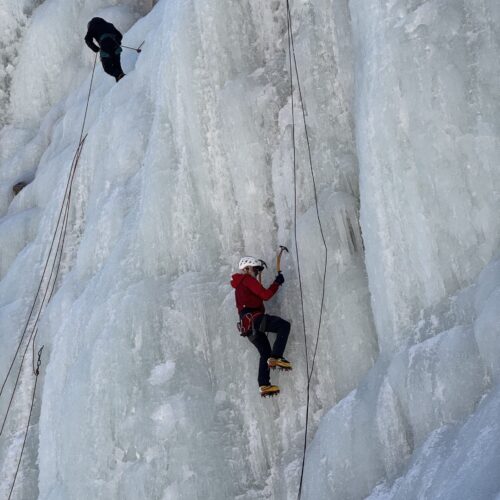
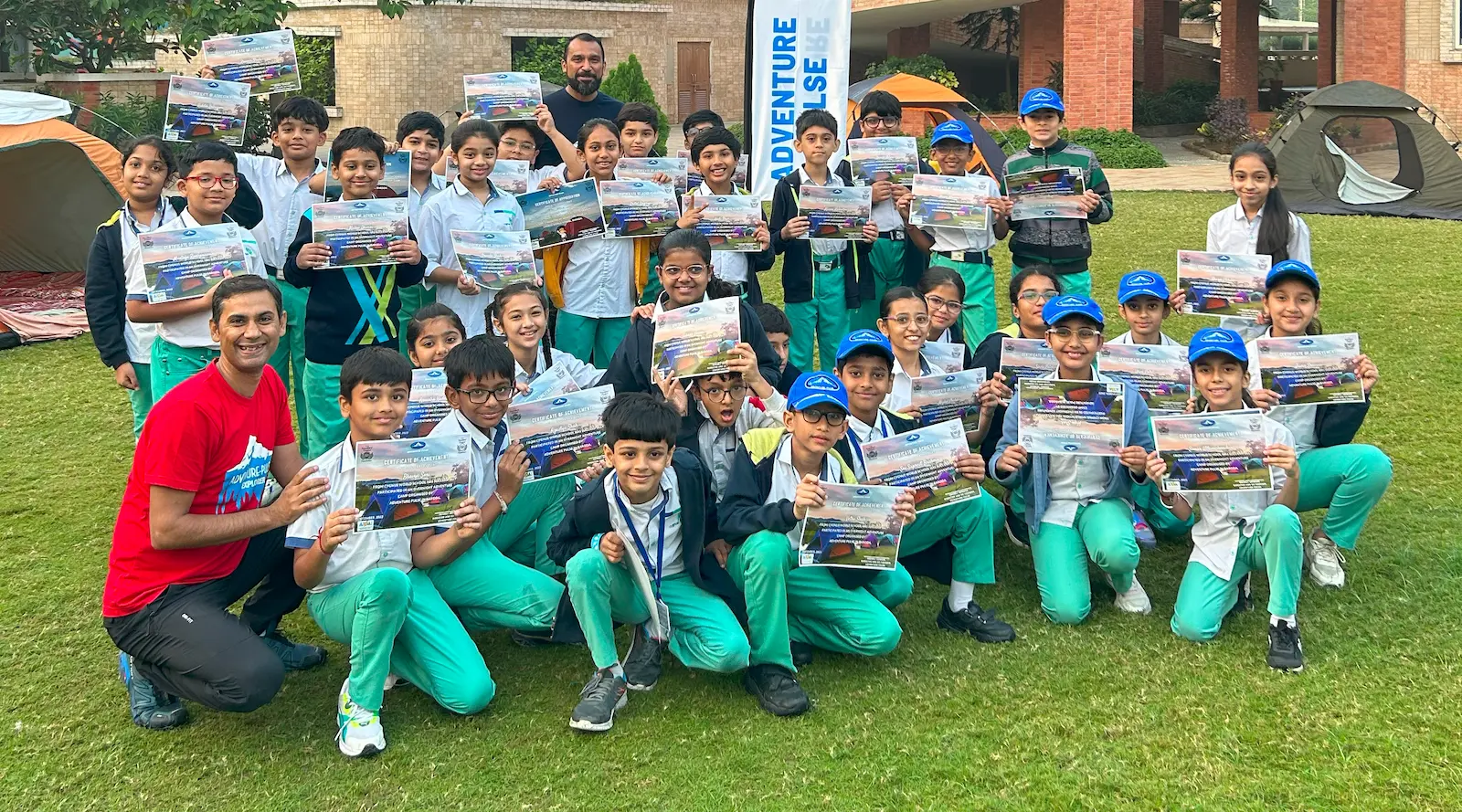
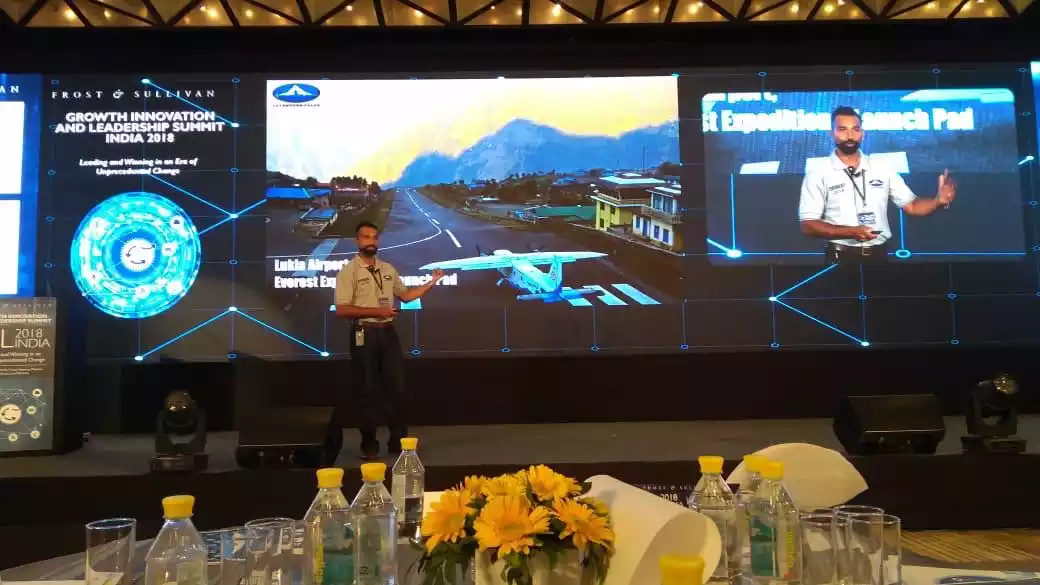
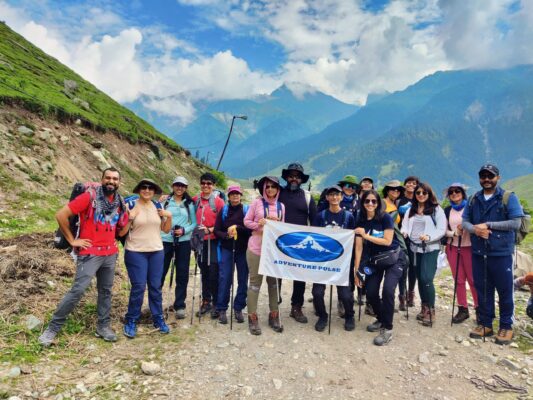
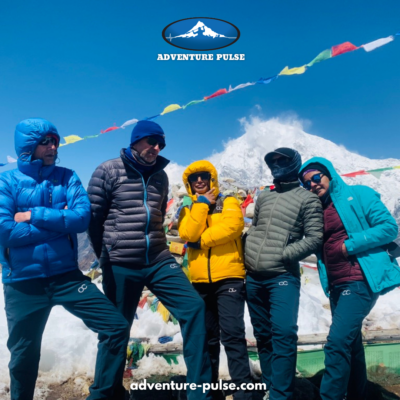
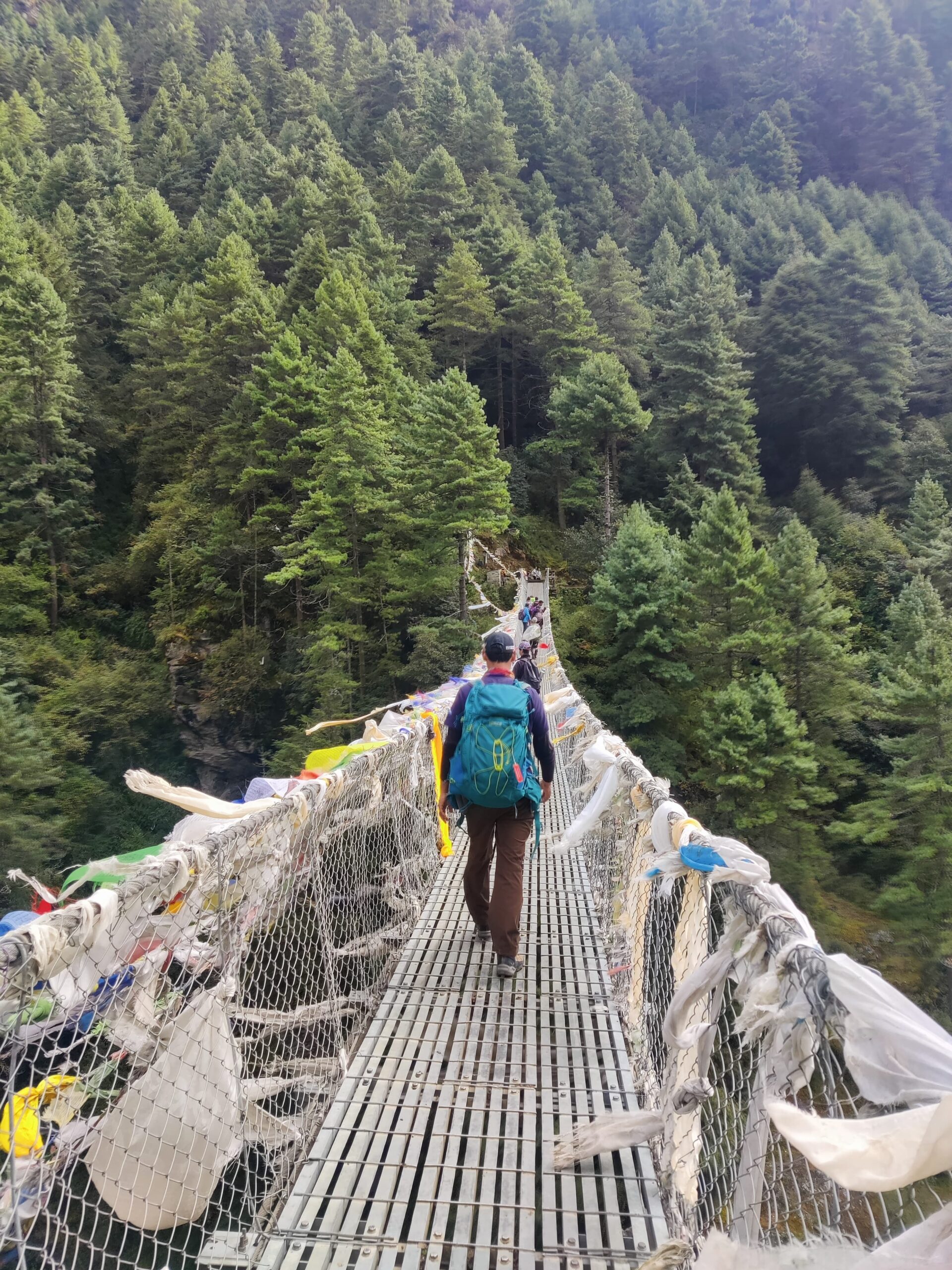
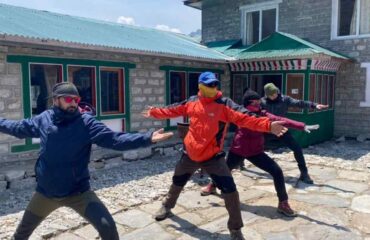
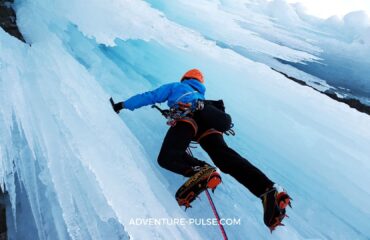
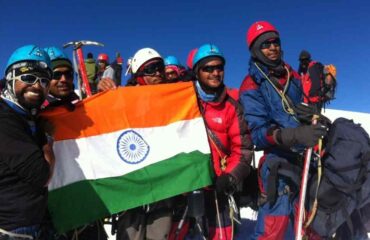
Well written! Hopefully the situation will improve and trekking will start again 🙂
Great piece of information for trekking lovers.
I am sure, this will help them in many ways.👍
Great piece of information for all trekking lovers😊
Loved the article!
My favourite part was ‘How we can prepare ourselves meanwhile’.
I really feel enthusiastic now after reading this, thanks ❤️
So well researched .. would love to read more of your travel blogs :))
Very thoughtful! Being a citizen of Nashik which has been a prime tourist location for all types of tourists, I have closely observed the impact of this pandemic on businesses of my city. Hope so this situation ends soon so that the economic cycle could once again move smoothly.
Thank you all 😄